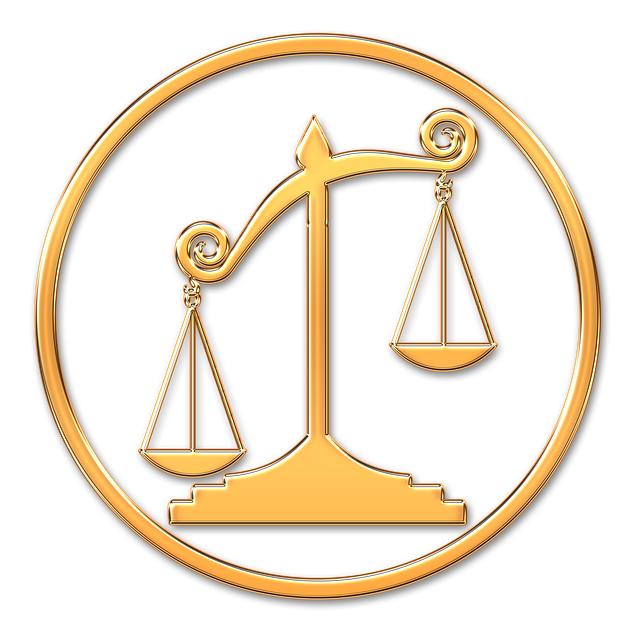Financial fraud has evolved with technology, leading to advanced, intricate schemes causing significant losses. In response, the Recent Changes in Financial Regulation Law have been introduced to boost oversight and transparency, empowering regulators to combat sophisticated fraud using data analytics, stricter reporting, and improved monitoring. These changes, coupled with stringent KYC procedures, anti-money laundering protocols, and advanced technologies like machine learning and NLP, help detect and prevent fraudulent activities, fostering trust in the financial ecosystem.
Financial fraud is a global concern, with sophisticated techniques continuously evolving. This article delves into the intricate world of financial fraud detection, exploring its multifaceted aspects. We begin by understanding various types and their profound impact on individuals and institutions. Subsequently, we examine how recent changes in Financial Regulation Laws have significantly enhanced fraud detection capabilities. Furthermore, advanced technologies are discussed as game-changers, offering efficient strategies to combat fraudulent activities. By integrating these innovations with regulatory frameworks, the financial sector can navigate this complex landscape more effectively.
- Understanding Financial Fraud: Types and Impact
- Recent Changes in Financial Regulation Law and Their Role in Fraud Detection
- Advanced Technologies for Efficient Fraud Detection and Prevention Strategies
Understanding Financial Fraud: Types and Impact

Financial fraud has evolved significantly over recent years, with new tactics emerging as technology advances and economic conditions change. Understanding these fraudulent activities is crucial for businesses and regulatory bodies alike. Fraudsters employ a variety of methods, from identity theft and money laundering to complex schemes involving investment scams and insurance fraud. The impact of such crimes is profound, often resulting in substantial financial losses for individuals, businesses, and even entire economies.
The recent changes in Financial Regulation Law have been a response to the escalating complexity and scale of financial fraud. These updates aim to strengthen oversight and enhance transparency in the respective business environments. With an unprecedented track record of success in high-stakes cases, regulatory bodies are determined to adapt to new trends, ensuring that they can effectively combat these sophisticated criminal activities.
Recent Changes in Financial Regulation Law and Their Role in Fraud Detection

The financial industry has witnessed a significant evolution in regulatory frameworks over recent years, driven by an increasing focus on transparency and accountability. These Recent Changes in Financial Regulation Law have had a profound impact on fraud detection, empowering authorities with more robust tools to combat sophisticated schemes. With the rise of digital transactions and complex financial instruments, regulators have been compelled to adapt their strategies to address emerging threats. As a result, we’ve seen an enhancement in data analytics capabilities, stricter reporting requirements, and enhanced oversight mechanisms.
These regulatory shifts are particularly crucial in the realm of white-collar defense, where perpetrators often employ intricate methods to avoid indictment. The new laws mandate more stringent Know Your Customer (KYC) procedures, improved anti-money laundering protocols, and better record-keeping practices. These measures not only deter potential fraudsters but also facilitate quicker identification and investigation of suspicious activities in high-stakes cases. By integrating advanced technologies for data monitoring, financial institutions can now identify unusual patterns and anomalies, thereby enhancing their ability to prevent and detect fraudulent activities before they escalate.
Advanced Technologies for Efficient Fraud Detection and Prevention Strategies

The evolution of financial fraud detection has witnessed a significant shift with the integration of advanced technologies. Machine learning algorithms now play a pivotal role in analyzing vast datasets to identify patterns indicative of fraudulent activities. These algorithms can adapt and learn from new data, enabling them to stay ahead of evolving fraudsters’ tactics. Natural Language Processing (NLP) is another powerful tool that enables the automated extraction of insights from textual data, such as transaction descriptions or customer communications, aiding in the early detection of anomalies.
The recent changes in financial regulation law have emphasized the need for robust fraud prevention strategies. These regulations require institutions to implement advanced systems that can monitor transactions in real-time and flag suspicious activities across all stages of the investigative and enforcement process. By leveraging data analytics and machine learning, respective businesses can now proactively identify and mitigate risks, fostering a safer environment for both customers and the financial ecosystem as a whole. This shift not only strengthens the defensive capabilities against fraud but also enhances trust in the philanthropic and political communities that rely on transparent and secure financial transactions.
In conclusion, understanding financial fraud, its types, and impact is paramount. The recent changes in Financial Regulation Law have significantly enhanced fraud detection capabilities, but staying ahead of perpetrators remains a challenge. Leveraging advanced technologies like AI and machine learning is crucial for efficient, proactive fraud detection. By integrating these strategies, institutions can mitigate risks, protect their operations, and preserve the integrity of financial systems.






